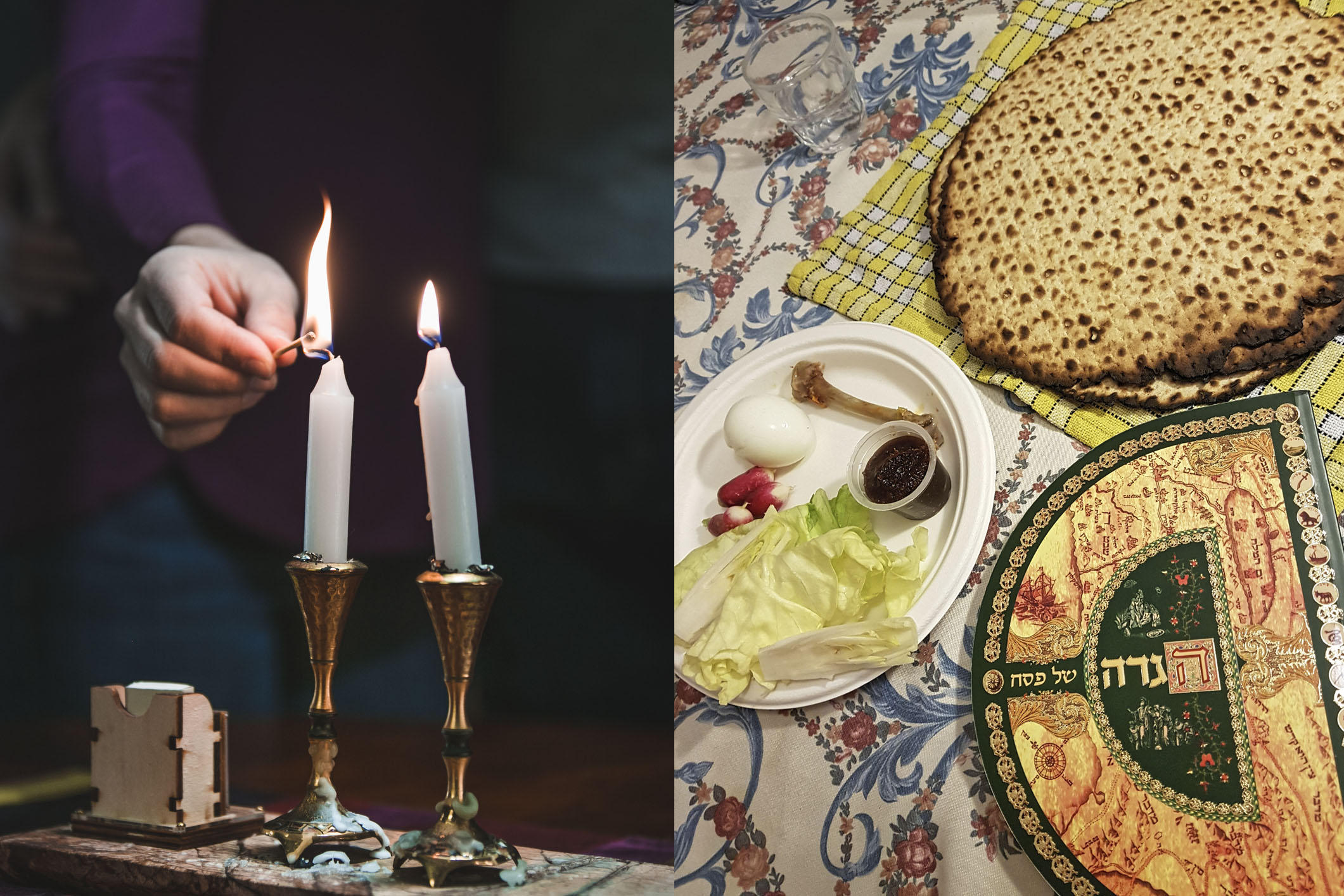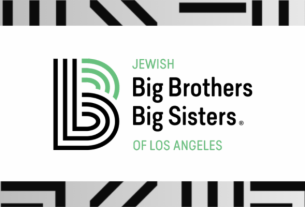It’s rare for Passover to start on a Saturday night. But it does present an opportunity to reflect on two epic events of the Jewish calendar.
The first is the Passover Seder itself, arguably one of the most popular holidays of our tradition. How can one go wrong with the celebration of freedom, with the epic Jewish story of the Exodus, with an event that revolves around storytelling and uses stories to add meaning to our lives?
The Passover Seder is the Jewish Super Bowl.
But what about the night before— the Friday night Shabbat meal? How does that weekly holiday rank with the annual Seder?
Part of the answer is in the question—weekly versus annual.
We’re conditioned to put a greater value on whatever comes once a year, whether it’s Thanksgiving, July Fourth or the Academy Awards. The Jewish calendar is full of annual holidays, from Hannukah, Rosh Hashanna and Yom Kippur to Purim, Shavuot and Succot, among others.
In addition to those annual events, there is also the sacred holiday of Shabbat that never stops showing up, week after week after week. How is it possible that despite its ubiquity, Shabbat reaches the highest levels of holiness?
As it says on Chabad.org: “Shabbat is the centerpiece of Jewish life and has been so since the infancy of our nation. According to the Talmud, Shabbat is equal to all the other commandments.”
In other words, the Shabbat meal tonight is not just a “prelim” for the big Seder tomorrow night. The Shabbat table is a seder in its own right.
One of the best things I’ve read about Shabbat is from the Kotzker Rebbe, who once explained that the commandment to keep the Shabbat also means that we should keep it with us at all times; that the lessons from that holy day should stay with us during the week, when they really count.
Similarly, the real value of Passover is when we learn to take its many lessons with us throughout the year, when they become part of our lives and can make a real difference.
In short, the better we internalize the values of Shabbat after Shabbat is gone, the better we’ll internalize the values of Passover and our other annual holidays after they’re gone as well. Lessons and values are made to be kept, not just celebrated.
This year, that spiritual one-two punch is as clear and evident as ever.
Shabbat shalom and chag sameach.




